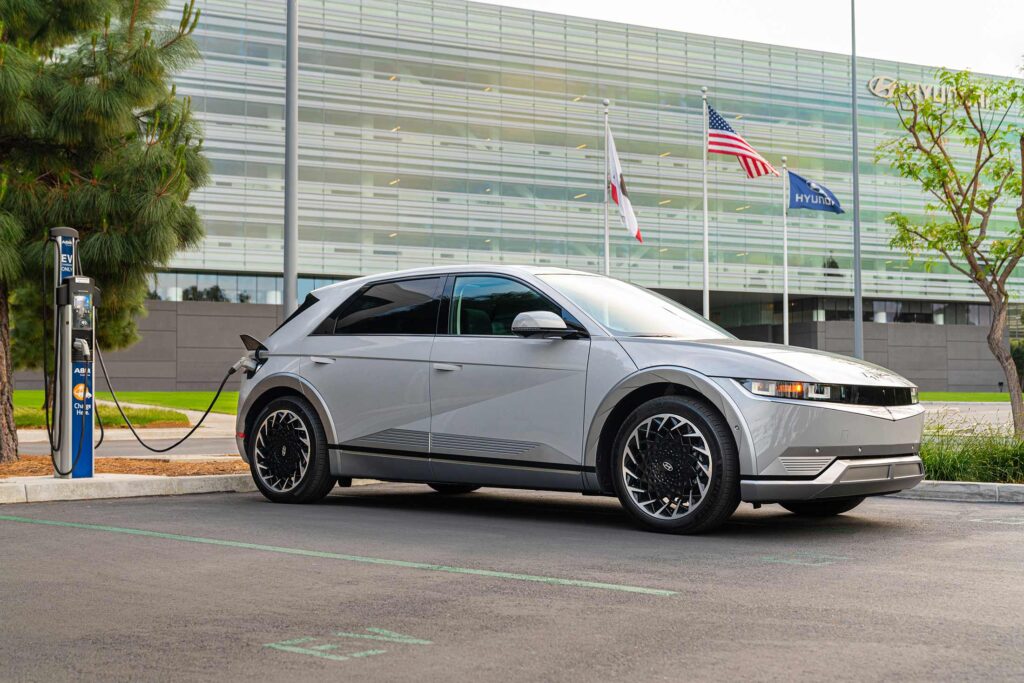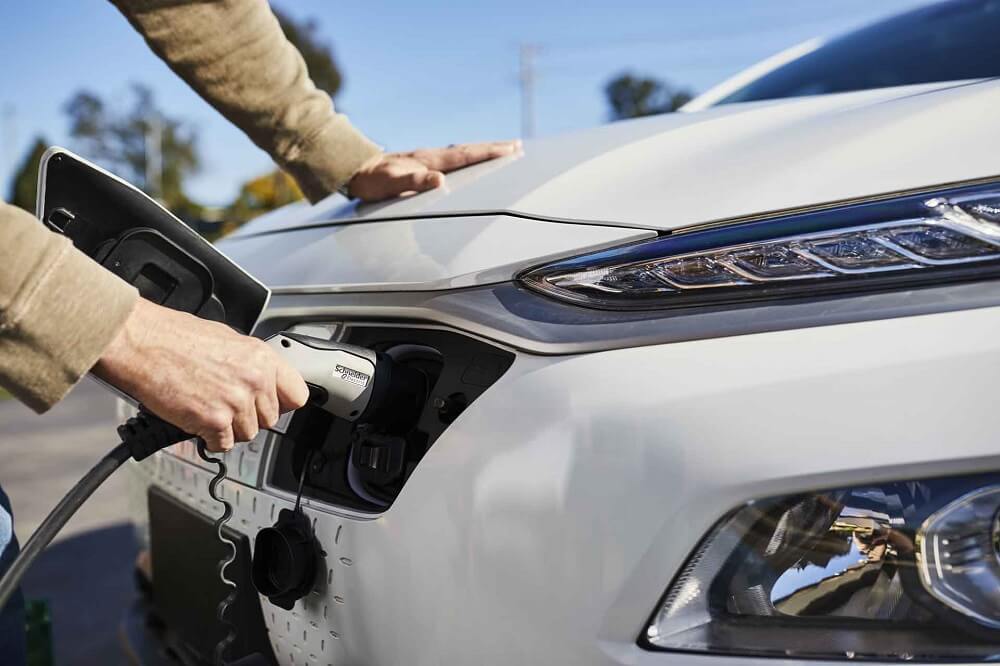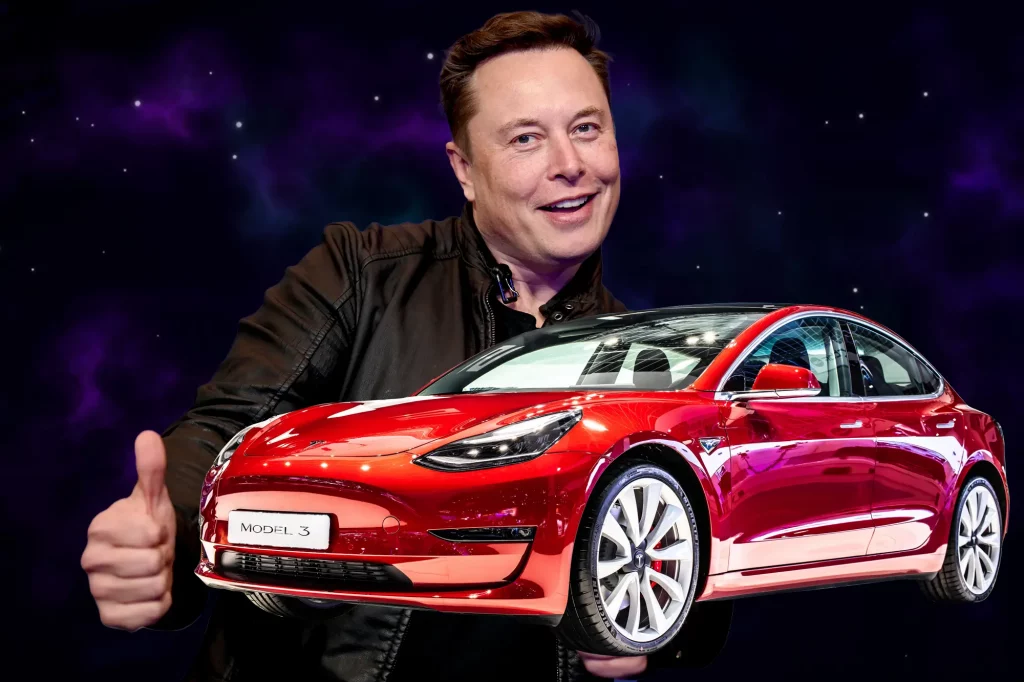Unfortunately for Tesla, Panasonic cannot begin mass-producing its 4,680 battery cells until March 2024. According to Reuters, the business is postponing the start of mass manufacturing of the battery until between April and September 2024 so that it can optimize its design.
“Mass production rescheduled to begin during the first half of the fiscal year ending in March 2025 to introduce performance improvement measures that will further enhance competitiveness,” the company disclosed in its earnings report.


More than 15% more range for EVs is possible with the 4680 battery format. Previously, Nikkei claimed it could increase the Model S’s rated driving range from 404 to 465 miles. Panasonic has not clarified whether or whether its “performance improvement measures” would result in increased capacity for electric vehicles.
Read More: Elon Musk Announces New CEO of Twitter, Linda Yaccarino
Tesla produces its own batteries in Fremont, California, and at the Gigafactory in Texas, where output is expected to increase. Panasonic is one of the firm’s partner manufacturers that supply batteries, yet the corporation still relies on them.
For now, the base Model Y vehicles manufactured at Tesla’s Gigafactory in Texas use cells of the 4680 kinds. However, the business intends to install it in its other vehicles, such as the Cybertruck, which will go into commercial production in 2024.
FAQs
Panasonic, a longtime partner of Tesla, is constructing a $4 billion EV battery plant in Kansas.
Panasonic is increasing production of its 2170 cylindrical cell batteries, which power the Tesla Model 3 flagship. More cylindrical 2170-cell batteries will be produced for use in Tesla’s premier Model 3 and other vehicles.




